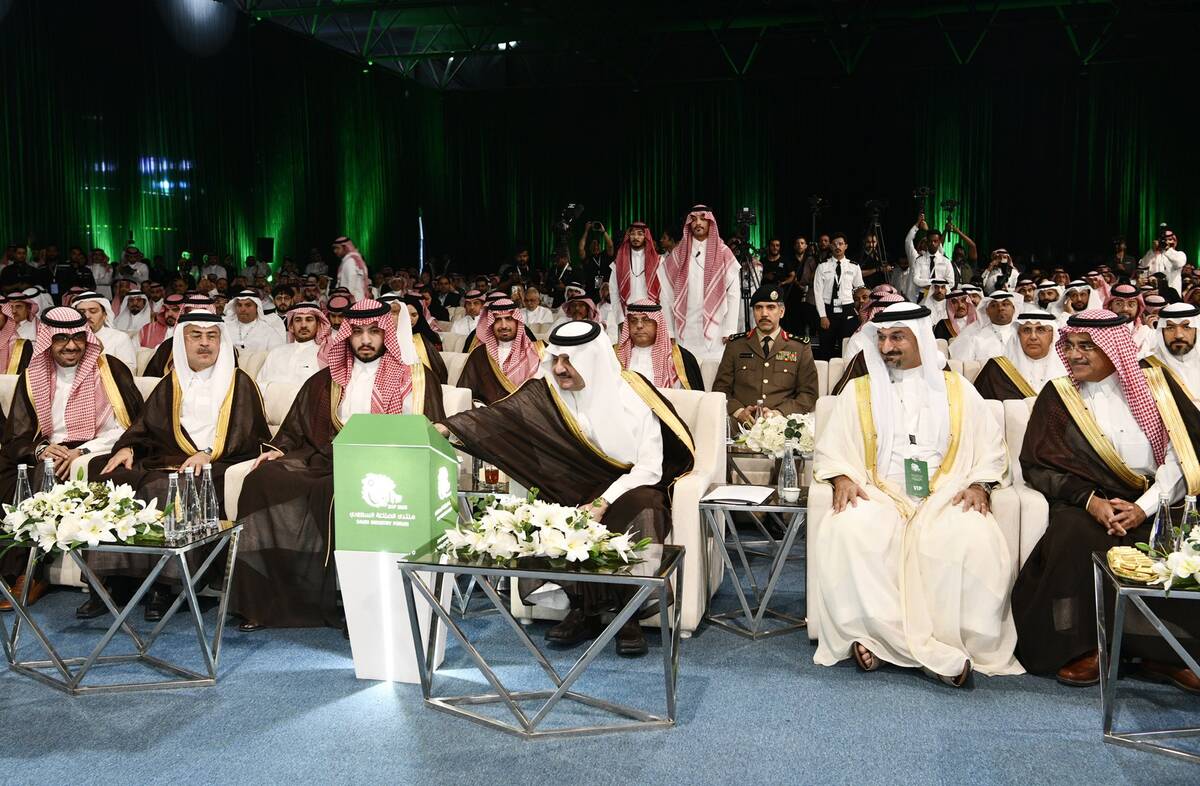RIYADH: Saudi utility giant ACWA Power is leading efforts in the global energy and water sectors by significantly reducing the power consumption of desalination processes, a key official said.
In an interview on the sidelines of the COP16, Abdurahman Al-Sum, executive director of environmental, social, and governance at ACWA Power, highlighted the company’s achievements in cutting desalination energy use by more than 87 percent over the last decade. These efficiency milestones reflect the firm’s ongoing commitment to sustainability.
“We are also the first mover in the green hydrogen sector. We provide water to communities at a very low rate, and we also provide decarbonized energy to these communities, as well. This, in turn, indirectly helps tackle water scarcity,” Al-Sum explained.
ACWA Power, one of the largest private sector players in water desalination and renewable energy, is prioritizing environmental protection through initiatives in biodiversity, particularly in its water, sea, and land operations.
Al-Sum explained that biodiversity protection is integrated at every stage of its operations, from design to execution. “We start with the design phase, and we do all the studies needed for biodiversity while we are doing environmental and social impact assessments,” he said.
The company has also committed to planting one million trees by 2030 as part of the Saudi Green Initiative, further underlining its dedication to sustainability. “We have a nursery in Shuaibah for whoever wants to contribute or participate. They can get the plants and start planting it,” Al-Sum added.
Highlighting ACWA Power’s emphasis on collaboration, Al-Sum discussed how the company relies on joint ventures and partnerships to fulfill its mission. “We always work with partners. We always work in joint ventures with others,” he said, referencing the company’s projects in the Red Sea region, which are vital to providing fresh water to local communities.
In terms of innovation, Al-Sum noted that research and development has been a central pillar of the company’s operations since its inception. ACWA Power’s focus on R&D has enabled significant reductions in desalination energy use. “Ten years ago, one cubic meter needed around more than 20 kilowatt-hours. Today, we are producing the same with less than three. It is 2 point something kWh per cubic meter,” he said.
Al-Sum also highlighted the company’s global efforts to support coral reef research in collaboration with the Coral Research and Development Accelerator Platform, a G20 initiative focused on protecting the world’s coral reefs. “Our coral research is freely available for global benefit,” he said.
The company’s contributions to Saudi Arabia’s broader sustainability goals were also discussed, with Al-Sum emphasizing the firm’s work in clean water, renewable energy, and climate action. “SDG number six, for instance, is about clean water, which is central to our business. We also focus on SDG seven, which promotes affordable and clean energy. Climate action is another major focus for us,” he explained.
Additionally, the Energy and Water Academy, a nonprofit that trains students in renewable energy and desalination, has trained over 15,000 students, many of whom are now working in Saudi Arabia’s energy and water sectors. “The academy is a nonprofit organization where even our competitors send their students and employees for training,” Al-Sum said, adding that the institution also ensures opportunities for women in these specialized fields.
Looking ahead, Al-Sum discussed the company’s role in Saudi Arabia’s transition to renewable energy, working with the government to integrate clean energy into the country’s grid. He emphasized the importance of a gradual transition to avoid disruption to daily life.
In closing, Al-Sum talked about a recent partnership with the Sekaya Charitable Foundation to build a microwater grid in one of ACWA Power’s operating communities. “We are partnering with Sekaya Charitable Foundation to build a micro water grid in one of the communities where we operate,” he said.
This partnership, alongside others in the public and private sectors, is seen as a key part of ACWA Power’s role in contributing to Saudi Arabia’s economic and sustainability goals.
































